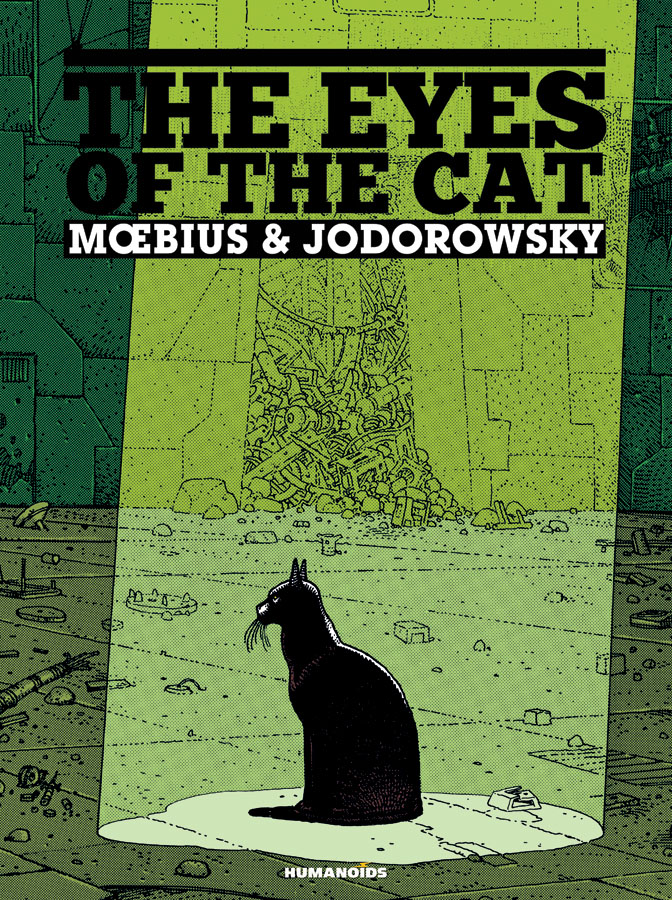

Comic books weren’t always books.
It’s a fact that just about everyone knows, but for some reason to state that fact seems to have an impact not unlike hearing a controversial statement, at least to me. Comics started in the funnies. Before Superman and Spiderman started running around heavily populated city areas in their undies, the newspaper was host to many a long-running series. Calvin and Hobbes, The Far Side Gallery, and Peanuts are three household names that every single person has seen at least once in their life whether they knew it or not. The stories were intended for adults reading the paper, but with more stories appearing in the papers geared towards children, it’s no surprise that whimsy grew to dominate the industry.

Enter Moebius

Jean Giraud got his start in the funny papers, and in some ways, his background shows in every aspect of his work, from linework to coloration. The biggest differences, though, are in storytelling and attention to detail. His work is often surreal and cartoonish, colorful yet dark, busy yet serene.

By the time Moebius, his pen name, if you will, was breaking into the comic industry, 1956, superheros had already been around for quite some time. Comics were an industry and a new and budding one at that (though in my opinion they wouldn’t fully start to blossom until the 70s), but Giraud didn’t really write full books. He would have a few pages, sometimes just a strip or two, in science fiction magazines, such as Heavy Metal, among others.

This magazine was part of what is called the Franco-Belgian format, as Europe has always been more open to comics as an art form than America. Thusly France has a certain way of making comics which is considered traditional, and it was in the 60s, when Giraud, along with Jean-Michel Charlier, employed said traditional style in their 1963 Western, Blueberry. The series would continue, having two to three pages in each issue of Pilote, until a full 46 page story unfolded. The series continued until 2007 and had several spinoffs as well.

Moebius is known best for many things, but in my opinion, his greatest accomplishment was the Airtight Garage. Still written in the traditional style, but this time solely by Giraud, the story is aesthetically beautiful, evoking the full emotional spectrum from the illustrations alone.

Moebius’s best work by far however, was his partnership with the prolific writer, Alejandro Jodorowsky. From Dune, to Alien, their concept art and set designs were integral in shaping the current pop culture, but if somehow you found this blog and have decided that you would like to dive into the world of comic books as literature, read Eyes of the Cat and Madwoman of the Sacred Heart.


I will not be describing those two works, as they should be enjoyed purely, and without expectations.
Jean Giraud, Moebius, was a master of balance. His art was calm and powerful in a way that cannot be replicated (though some have come close, check out Little Bird, which came out this year) and in 2012 he left this planet. He is deeply missed and greatly appreciated as an artist. I am not alone in the sentiment of hope that when he departed from this earth, he headed to one of his own design, living out all his greatest fantasies in Le Garage Hermétique, The Airtight Garage.
